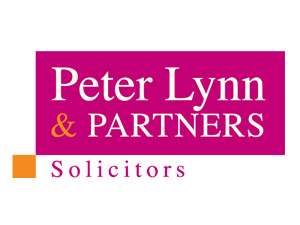Top Ten Tips When Buying a Business
Posted in Advice

Top Ten Tips When Buying a Business
Making the decision to take the plunge and start your own business is an exciting time. For many, the best way to get started is to purchase an existing business from someone looking to sell who has developed their own existing foundations. Although this may give you access to an existing, thriving business, there are multiple considerations that need to be taken into account, if the process is to be smooth and successful! Here are our top ten tips …
- Have you taken the appropriate tax and accounting advice? Getting this wrong at the outset can prove very costly! Accountants work with us to ensure that we get the very best structure for you, not only for the now, but also for the future.
- What is your target business actually selling? Is it selling shares as a limited company or is it selling assets? Does this fit in with what you want for your own structure, or will there need to be a re-structure of the current business?
- Be clear on the structure that you want, going forward. Do you want to be a sole trader or a limited company? What suits you from a tax point of view and gives you the correct structure for future growth?
- If you are purchasing the shares of a limited company, you take on the debts of that company. Do you know what these are, or what they are likely to be? This could seriously change your appetite for the transaction, so get the information in the correct form. Do not rely on hearsay.
- Don’t ignore the employees! Even as an asset purchase, there are legal requirements under TUPE which means that you take on those employees on the same terms and conditions which they were on, previously. Make sure you know exactly whom you are employing and on what terms. This could be a real deal breaker.
- While we’re on the subject of staff … has the business been built on the basis of one or more core members of staff? If so, will these people transfer happily? One person leaving could seriously impact on the business’s viability. This needs to be protected.
- The unspoken asset of intellectual property can be a real sticking point for many business purchases. Does the current owner actually own the key intellectual property rights? Will these be transferring in the form that you anticipate and in such a way that maintains the core value of the business?
- Make sure that early negotiations are confidential. If you are speaking to a potential business owner about your future plans, consider what will happen, if the negotiations fail? Have you just given your competitor all your best ideas?
- On that note … what is going to stop your seller setting up a rival company tomorrow? What guarantees and restraints do you need to have in place and which will be enforceable, should you need to rely on them?
- The legal process of purchasing a business can be lengthy. To undertake full due diligence so that we can protect you fully takes time. Do not leave it to the last minute. Book an initial appointment, at the outset, so that we can map the process from the start. This will reduce the stress involved, while also increasing the chances of securing the business you want with the protections that you need.
To book an initial free consultation to discuss your business plans, contact our Commercial and Company Law Specialists on 01792 450010.